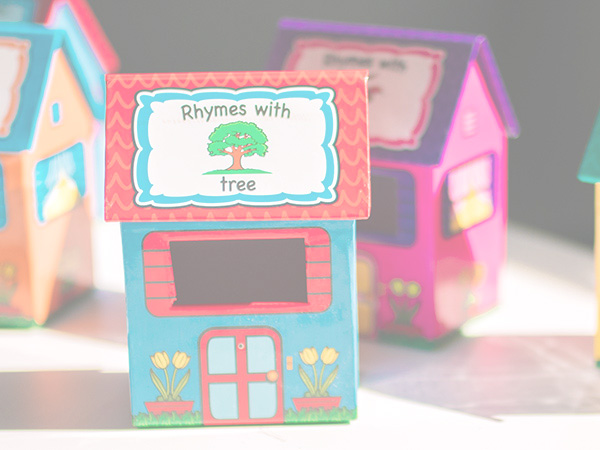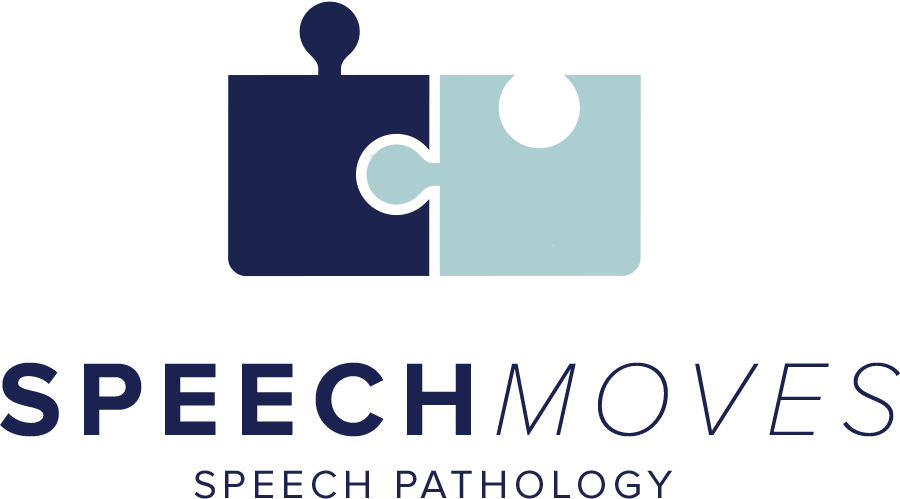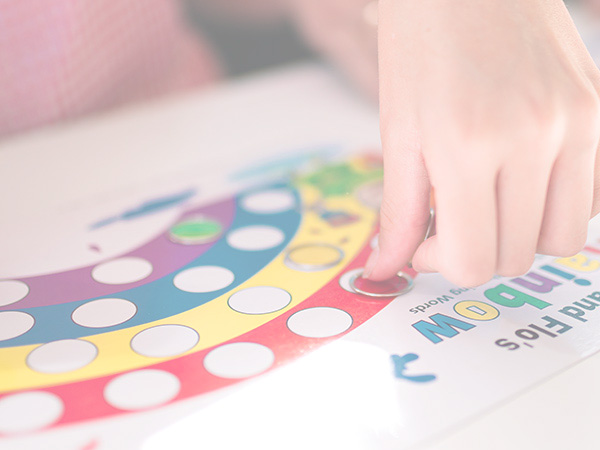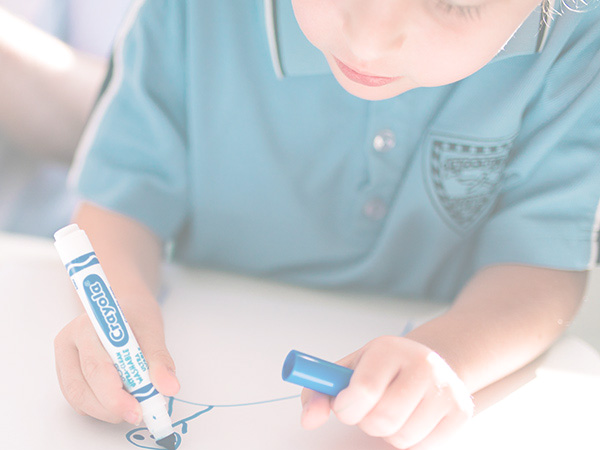
Struggling to Read
Developing letter/sound knowledge is crucial in the early years for later reading and spelling skills.
In order for children to learn to read and spell they need to be able to understand:
- that letters represent sounds
- that words are made up of sounds
- writing in a particular order can make different meanings
Research has shown that getting help for literacy problems early can prevent those problems becoming more severe.
Speech Moves has helped many children over the Newcastle and Port Stephens regions to become competent readers through delivering evidence-based multi-sensory programs. At Speech Moves, we provide strategies to help your child succeed.
Contact us if your child needs help to increase their reading fluency.






